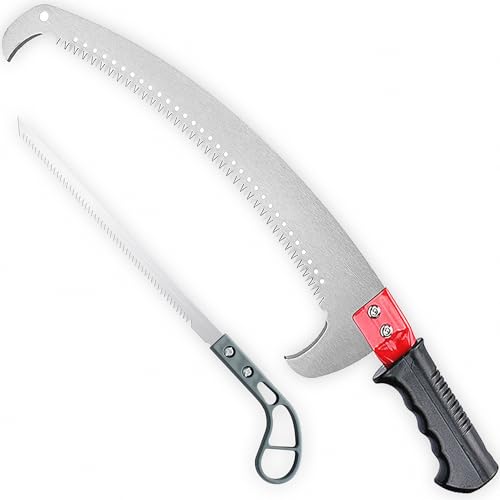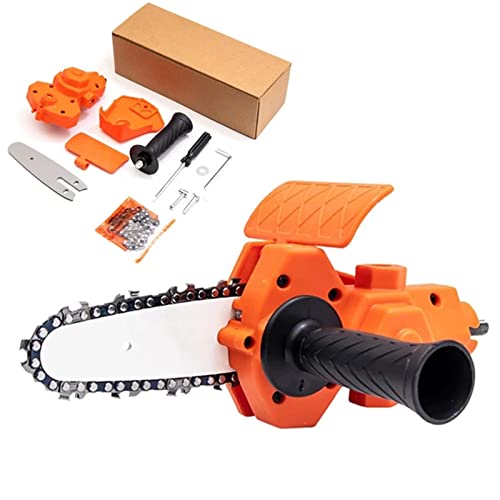Amongst the high performance road cars I have owned are Porsche Flashbau, Alfas, XR 4x4 siera Cosworth sierra, BMW, SAAB Carlsson and Aero, and Suburu WRX. In every marque dozens, hundreds of fantasist, dreamers, narcissists liars and pseudo-scientific types, (where less polite terms are commonly used to describe them, by others) dedicate themselves to making the car 'better' than the designers and factory. Mostly they ruin car, value and too commonly ...themselves.
Vehicle manufacturers and designers have $millions if not $billions of test equipment, staff, scientists, testing personnel, road testing and other facilities...but then what would they know??..compared with the pseudo-genius' who know better...
Cars are designed to meet a range of buyer personalities types and conditions and are de-tuned from their potental, for that purpose. De-tuning does not include leaving expnsive brake calipers on the car as might be in rally/racing tests ...but uses components which make the car affordable to the target market.
Included in the design and testing is notion and experimentation in lubricants, to give good service to buyers and to protect the car. When people mess about with the marketed item they likely lose insurance and warranty....so it is with chainsaws.
If standard motor oils suited chain and bar the chainsaw makers would recommend it....The 'sticky' oil has an ongoing and reliable lubrication purpose. The costs of the oil varies, yes, and Stihl may be most expensive as it perhaps has huge R and D costs and to face many warranty claims being a major seller. Electrolux will have hard and fast rules also on lubrication. Stihl, Solo, Echo, Jonsareds for example base product-responsibility on the user's provable adherence to recommended procedures and products... as would any intelligent ,skilled, future visionary and experienced manufacturer.
Intelligence is not displayed by using vegetable oil, kerosene, diesel or used or new motor oil in place of chain/bar oil.
Before most of you (likely) were born oils were more limited but included a very sticky oil known as 'castor' oil...it worked well and contributed to an addictive smell from early racing cars. Today its viscocity would limit revs in racing engines however its sticky 'type' still has a purpose. To protest that thin oils, oils with little compression resistance and home-brew oils are as good as specialised chainaw oil is, politely put, just silly, assinine.
Apart from the oils being flung from the chain more readily than 'correct' oils ,the bar and chain will increase wear...more and more with use and the nature of timber and the 'not recommended' cutting angles but would those protesting their favorite brew really know the wear/wear rate?
Yes a manufacturer can recommend a 'thinner' to enable the saw to be ...or at least 'seem' to be working better in very cold climate but that does not indicate the thinner is a suitable lubricant. The thinner is to bring the bar oil back to its viscocity and do its job as would be in warmer climate...It will by its inclusion increase wear but it also enables adequate oil pumping...
Do you know any manufacturer which advises such as 'below -20degs "C" ..just use motor oil or your favorite brew of used or new oils, fuels and any herbs and spices you think best."....?
Buy and use correct chain oil....made to the manufacturer required standard and specs. Walk away from temptation to become one of those I listed in paragraph 1.
Voila
























































